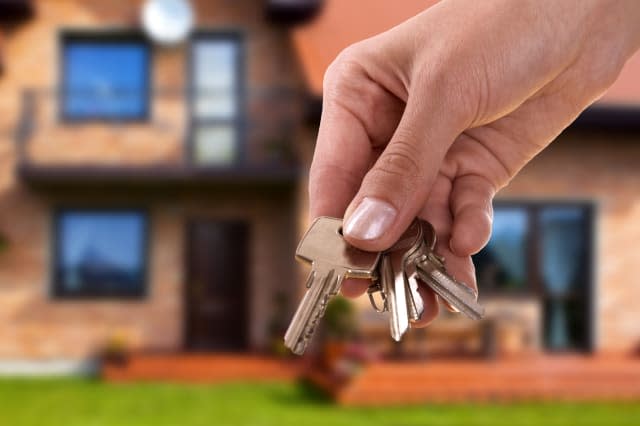Scamwatch: beware Airbnb fraudsters

Stay one step ahead of the fraudsters with our series of articles giving you the lowdown on the scams they use to trick people out of their hard-earned cash - and how to avoid being taken in by them.
This week, we explain why it's a good idea to double check the ownership of rental properties before handing over a deposit.
How does it work?
Prospective tenants searching for a rental property are being warned to be on their guard against fraudsters who rent flats and houses for the weekend via Airbnb, before advertising them as available as long term lets.
Those who fall for the scam are then greeted by the real owners when they try to move in.
In one case in London, a conman paid £150 to rent an apartment for a weekend, then advertised it as available for rent long term.
One of the people who came round to visit paid the fraudster £1,500 to secure it as a "long-term tenant", only realising they had been scammed when they tried to move into the property a few days later.
How can I avoid being caught out?
When visiting a potential rented home that is advertised privately rather than via an estate agent, you should always ask for proof that the property belongs to the person claiming to be the landlord.
It is also sensible to ask do an internet search on a rental property before paying a deposit. That way, you can check whether it is being advertised elsewhere.
When booking accommodation via a site such as Airbnb, meanwhile, always pay by credit card so that you benefit from the protection offered by Section 75 of the Consumer Credit Act, which states that credit card providers are jointly and severally liable when things go wrong.
I've been defrauded. What should I do?
It is a good idea to inform Airbnb if you are caught out by a fraud related to the site.
Airbnb said: "We take reports of bad behaviour extremely seriously, remove bad actors from our community and work closely with the police when required."
You should also report the problem to Action Fraud on 0300 123 2040.




